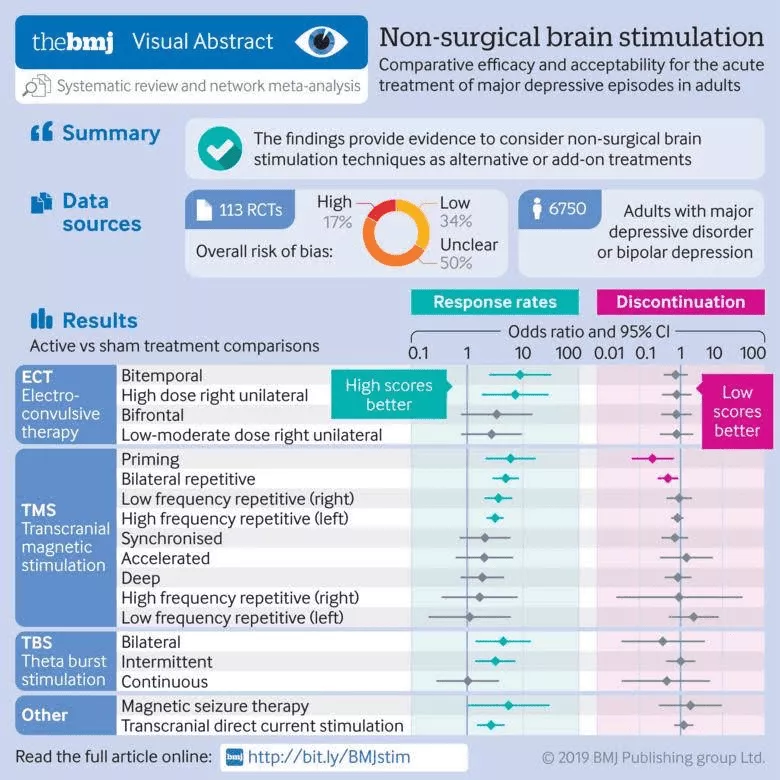Depression treatment is the process of providing medical and mental care for people who are struggling with depression. Although depression is not considered an entirely curable disease, it can be treated successfully with medication psychotherapy, or talk therapy.
If you or someone you know is experiencing symptoms of depression, a treatment centre like PROMIS can help you find the best treatment options to manage your condition.
Both medication and psychotherapy can be effective in treating the symptoms of depression. Medications may include antidepressants while psychotherapy is used to equip you with coping skills in managing your symptoms better.


